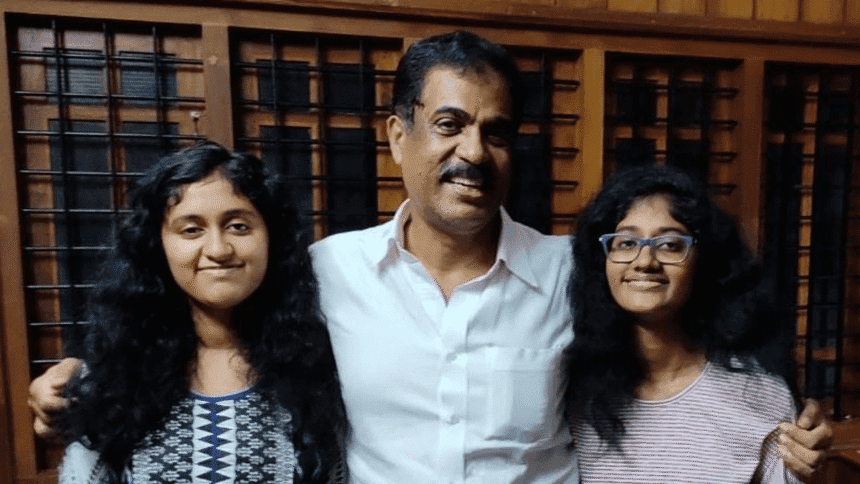November 9, 2025, marks six years since 19-year-old Fathima Latheef, a first-year MA Humanities student at the Indian Institute of Technology (IIT) Madras, known for her exceptional academic record, was found dead in her hostel room.
While the Central Bureau of Investigation (CBI) declared it a case of death by suicide attributed to homesickness, Fathima’s family continues to allege that she faced mental harassment and religious discrimination from faculty members.
In a purported note, Fathima had written that Sudarsan Padmanabhan, a faculty member at IIT Madras, “is the cause of my death.” Sudarsan Padmanabhan is a professor at the Department of Humanities and Social Sciences, IIT Madras.
Her notes stated that several faculty members and classmates had harassed her, Fathima Latheef’s family members had earlier told Maktoob.
She had earlier told her father that “her name itself was a problem there.”
“The professors named in the suicide note were not thoroughly questioned by CBI,” Aysha Latheef, Fathima Latheef’s twin sister, earlier told Maktoob. The family had filed a petition in the Chief Metropolitan Magistrates Court, Egmore, Chennai, protesting the “flaws” in the CBI investigation.
Aysha alleged that CBI didn’t look into the inconsistencies in the story and chose to conclude quickly.
The death took a devastating toll on the family, who maintain that it was “never a suicide.”
Their pursuit of justice remains painfully unfinished. Fathima’s death had sparked nationwide outrage, reigniting debate over the discrimination and intimidation faced by Muslim students within India’s academic spaces.
Fathima had secured admission, emerging first in the entrance test conducted by the premier institute in July 2019. But since the beginning, she had been complaining about being “ostracised”.
In an interview soon after the death, Fathima Latheef’s father, Abdul Latheef, accused that his daughter “faced casteist and religious discrimination” from her faculties, that her “name itself is a problem there.”
Following the death, a slew of allegations of caste discrimination and Islamophobic conditions were made by alumni and student groups against IIT-Madras.
Fathima’s case brought out the details of high numbers of students taking their lives in the premier institutions, overwhelmingly students from marginal groups.
The same year, four other students died by suicide in IIT Madras.
“India has always been Brahmanical and has benefitted particularly the upper strata of society. A conflict between the privileged and underprivileged can be seen in most premier institutions in India,” claimed Aysha earlier.
“Muslims, Dalits, and women are always questioned in all circumstances.”
“We had shared the womb, we entered the world together, we took all our steps together, and in the blink of an eye, I am standing all alone with our whole world shattered. I am still processing the loss. Every day I wake up looking at the bed opposite mine, innocently wishing that I could see her sitting there reading the newspaper. It’s very difficult to put into words,” Aysha said.
“I honestly wish no other sister and no other family gets to face such a fate in their life. Let Fathima be the last person who lost her life. I wish no other person who happily enters into such institutions and faces such an ending,” said Aysha.
The post Six years after IIT Madras student Fathima Latheef’s death, the fight for justice continues appeared first on Maktoob media.










